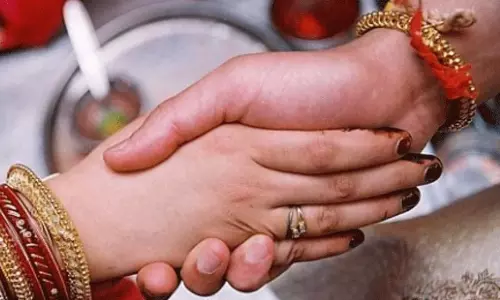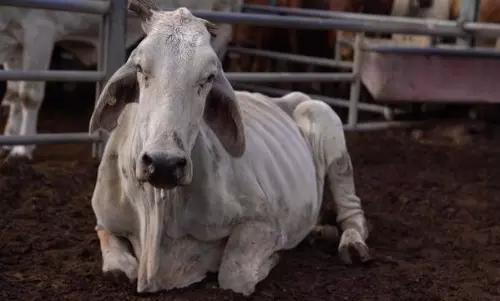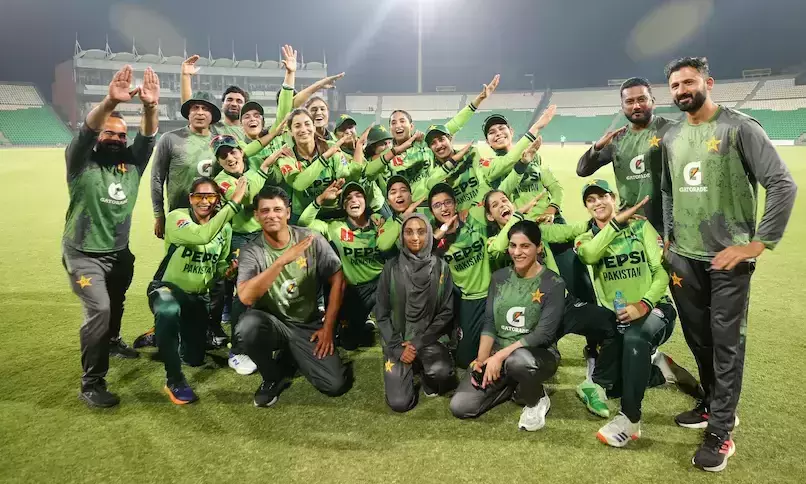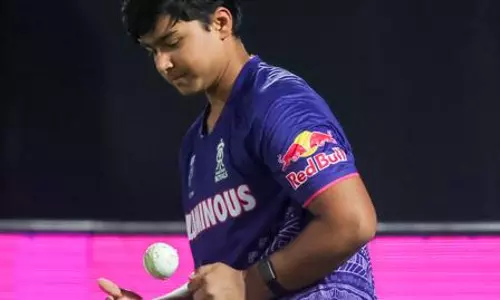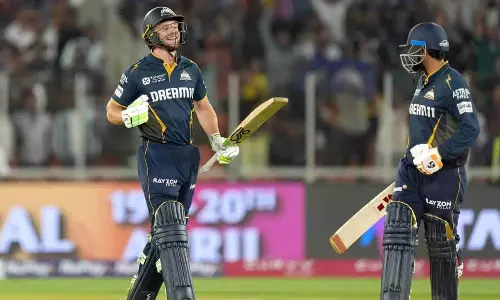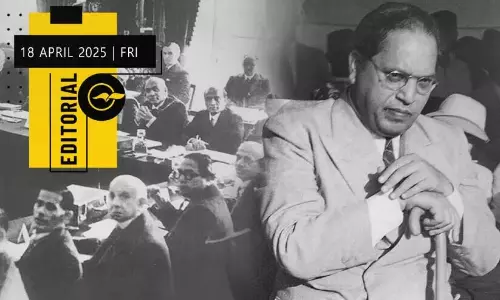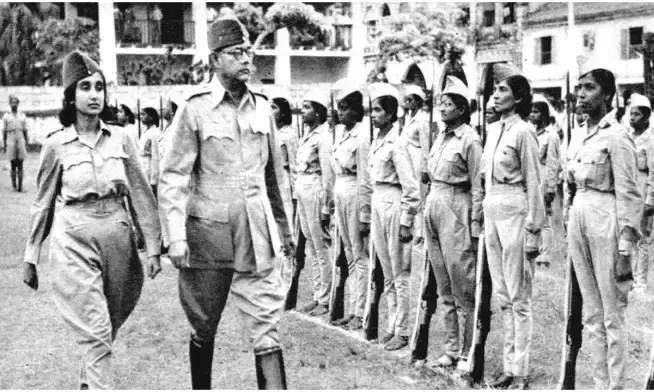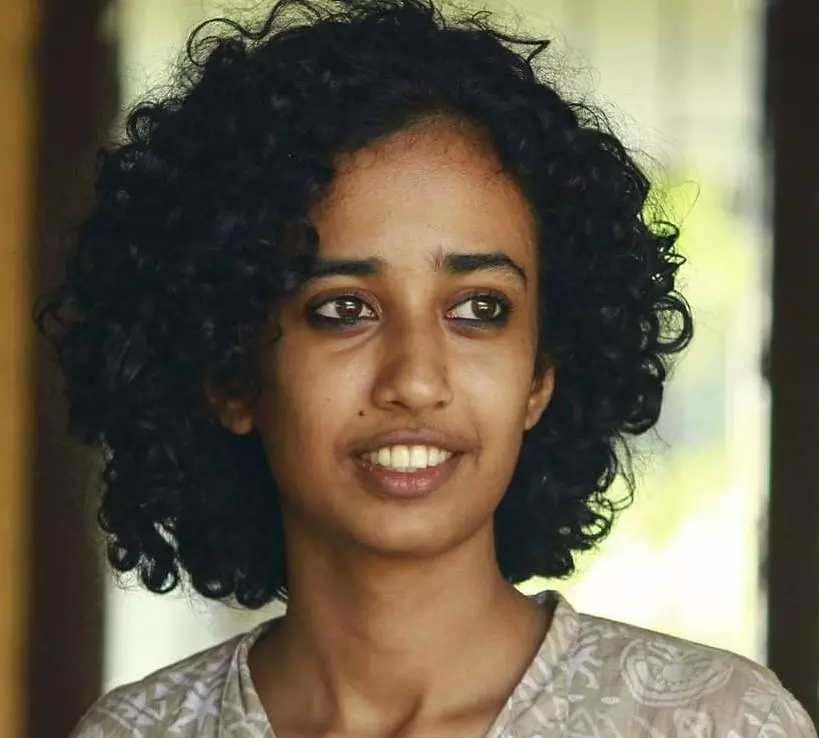
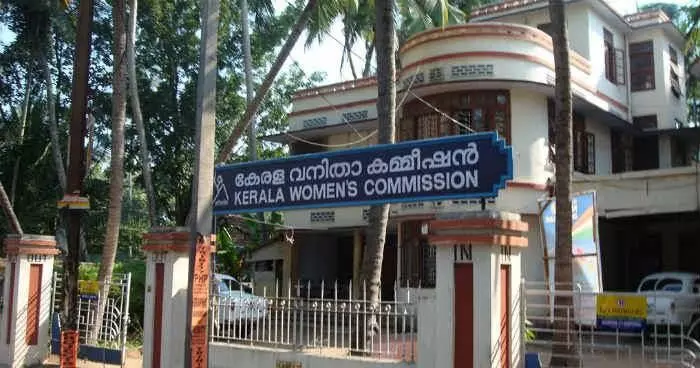
Insensitive remarks, rising domestic violence put Kerala Women's Commission under trial
text_fieldsThe twenty-four years old BAMS student Vismaya Nair's death in her husband's house, followed by torture in the name of dowry at Kollam district's Sasthamkotta has sparked discussions about women's safety and gender rights once again. The parents of the woman alleged that she was killed by her husband's family as she was denied her freedom to express and freedom of movement. Following this, administrative flaws like a non-functioning dowry prohibition office came to the light. Along similar lines, the functioning of the Kerala Women's Commission is also in question.
On June 23, the Manorama News channel conducted a phone-in live session where women can bring in their complaints to the Kerala Women's Commission chairperson. After the chairperson MC Josephine responded to a woman who called to report violence in a victim-shaming manner, public outrage erupted against the chairperson. As per the ruling party's decision, MC Josephine who is a central committee member of the CPIM resigned from the chairperson post. There are pre-reported incidents where the chairperson misbehaved with several complainants.
Manorama news channel had conducted three days' interactive session with an IPS rank police officer, a psychologist and a lawyer and the Women's Commission Chairperson on the subject. The channel was reportedly receiving several phone calls from women who were facing various problems. Currently, it is investigating domestic violence and dowry killings in Kerala.
In 1990, The Kerala Women's Commission bill was drafted under the guidance of the Social Welfare minister KR Gauri Amma, with legal guidance from Justice VR Krishna Iyer and Justice Subrahmanian Potti and suggestions from women's organizations. When the bill was sent to the President of India in 1990, it took five years to get the assent of the president and become an Act, Kerala Women's Commission Act 1990.
"Why do we need a commission that can't help women who are facing different kinds of discrimination and torture? In my experience, I can say that the commission is useless," says Chithra Lekha, a Dalit auto driver from Kannur. From the early years of 2000 till date, Chithra Lekha is facing casteist attacks in various forms by the left auto union and CPIM. She even had to migrate from her native place Edat, due to the violence.
"When I filed a complaint against those who burnt my auto in 2006, I was told by the Women's Commission chairperson M Kamalam that I must learn a lot and get better. The posting in the commission wasn't any better while the Congress was ruling," she pointed out.
Amidst the discussions regarding the resignation of MC Josephine who was appointed in June 2017, whether her resignation solves the problems is another question. "The chairperson was saying that the society's attitude must change. If she is appointed to ask a complainant to go find a good advocate, is there any need of such commission for women?" Chithra Lekha asks.
What makes a heinous criminal act a vent for a huge number of women to be able to speak out about their everyday suffering?
"Vismaya's parents told me that she was not allowed to use her phone in her husband's house, if husband Kiran sees her using phone, he would grab the phone and smash it. In a state like Kerala where even educated women are being killed in husband's houses, it is the institutions like the women's commission that needs to be alert," said Jabina Irshad, the state president of the Women Justice Movement.
"The government's criterion in appointing women's commission chairperson is their political affiliation. This shouldn't be the only criterion for such a post. There is no point in having a committee chairperson who is a political leader, who keeps bias in responding to women's issues. They will have to intervene in all cases alike. The chairperson must be able to take action without bias and prejudice towards the accused" she said.
"Child rights commission too is functioning in similar lines. In the Walayar Dalit girls' rape and murder case, the child rights commission chairperson appointment acted problematic. This issue will not be done with the resignation of a particular chairperson. When the entire Kerala was fuming when the POCSO charge was removed from the Palathayi Muslim girls' rape case charge sheet, the women's commission chairperson was saying that she didn't know about it. She must know about what is happening in the case and make sure she intervenes. In five years, 2 crores spent as the expense of the commission, but a majority of women do not get benefited by the commission.
Women's commission requires reforms. Women are forced to hide what they are going through. There must be a regional representation of the commission available. Like the health department conducts surveys, the commission can model a system where women in unsafe households are being checked upon and extended help. Such reforms need to be done. Among the 22000 cases that are reported in the past five years, only around 10,000 cases are intervened by the commission, each case is life. What we are questioning is the arrogance the chairperson shows to the complainant. The chairperson must be a compassionate person who can console the victim, mostly such gestures prevent suicides. " Jabina Irshad asserted.
"It depends on how generally women are looked at in our society, a woman is marginalized, the same attitude is being kept by any government towards the women's commission", says Advocate Noorbeena Rasheed, who served the commission as a member for two terms.
"Women's commission is easily accessible since it doesn't keep many formalities in filing a complaint, unlike police and court. Any woman can reach the commission with a complaint written on a white paper. Commission holds a sitting to have talks with two parties, if they miss it another opportunity will be provided. The commission can't intervene in a case that is transferred to the court. Appointments to the commission are nominated by the government. Once you are appointed, you need to have a sense of justice and responsibility towards society.
The qualification of the chairperson and the members is this; any woman who is dealing with women's issue, capable of intervening in women's issues. There is no academic qualification set to appointment. I feel that the appointed women must be having legal knowledge. The 'Women's Commission Act' itself lacks clarity on its powers. At certain points the commission is given recommendatory powers, at a certain point, it says you can investigate the matter. Mostly they don't provide vibrant, committed officers. Officials would be those in deputation, they wouldn't be having the loyalty towards the parental institution, to the commission. Be it any government, the main thought and action must be on appointing the best official. The service must be sincere" she said.
"I used to point out things to get them rectified. The provision that the commission's recommendations must be presented in the legislative assembly rarely happens. To make the commission function effectively and elevate it, infrastructure, rules and amendments are needed. I could intervene effectively since I was a practising lawyer. I only felt my law degree was an added qualification. I could help many women to take final decisions. Since I was part of the initial term of the commission, I could have a role in its foundational period too," Noorbeena Rasheed recalls.
In a video posted on the Women's Commission website, MC Josephine can be heard stating that the majority of complaints they received in the term was related to economic problems and property issues. The rest of the complaints included sexual harassment at the workplace. "We would listen to the complainant carefully so that we get to know if the complaint is genuine or whether the woman is showing the courage to file a fake complaint against a man," she said.
The functions of the commission as listed in the Kerala Women's Commission act 1990, shape it into a constitutional body that can inquire into any unfair practice, take a decision and recommend the government the action to be taken in the matter. The act ensures the representation of women from SC, ST communities. It envisions the commission as a body that can give the government an annual report on inadequacies and drawbacks of any existing law which affect women's constitutional right to equality. It can formulate affirmative schemes for securing equal opportunities which shall be forwarded to the government and maintain a comprehensive data bank relating to the social, economic and political conditions of women including comparative study, updating the same to be used in actions for the vindication of the rights of women.




